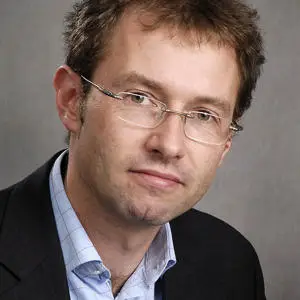Pioneering Southampton liver cancer treatment ‘bathes’ organ in drugs to boost survival
An innovative new treatment for liver cancer has been found to be effective for around 90% of patients.
Chemosaturation therapy, pioneered at University Hospital Southampton (UHS), isolates the organ from the rest of the body and ‘bathes’ it in chemotherapy.
The technique allows doctors to administer much larger doses of drug than standard chemotherapy. The emerging treatment could greatly improve survival rates.
The procedure uses two small balloons to divert blood past the liver for an hour while delivering drugs directly into the organ. Crucially, this avoids causing unnecessary damage to healthy parts of the body.
Once the drug has been delivered, blood from the liver is drained from the patient. It is then processed through a filtration machine to reduce toxicity and returned to the patient via the jugular vein.
Around 300 procedures have been performed on 100 patients in Southampton whose form of eye cancer had spread to the liver.
Ocular melanoma is the most common eye cancer in adults and around 50% develop a secondary cancer – in the liver in more than 85% – with limited treatment options. Only 10% to 25% of patients survive for a year after their diagnosis.
Currently available treatments have poor response rates, with less than 20% of patients benefiting from improved disease control and increased survival.
The new treatment, also known as percutaneous hepatic perfusion (PHP), has been developed by UHS’s Dr Brian Stedman. He is a co-founder of PLANETS Cancer Charity, which has helped fund the research.
Southampton researchers have published findings in the journal Melanoma Research. They found liver cancers were controlled in 88.9% of patients who had received chemosaturation therapy. Around 60% of patients survived for a year and 30% for two years.
The average length of survival in those studied was 15 months. In some cases, ongoing cycles of chemosaturation therapy almost removed patients’ cancers completely.
Dr Stedman, a consultant interventional radiologist at UHS, said: “When we first trialled this treatment on two patients in 2012, I said that the development would be a landmark moment in cancer care. It really has proved to be given these results.
This novel approach demonstrates the ability of science and technology to harness the power of imaging and target cancer treatment to the areas in which treatment is needed but avoid the unwanted damage caused by conventional chemotherapy or surgery on normal tissue.
Dr Stedman and his team are now hoping to launch further studies using chemosaturation therapy to treat other cancers affecting the liver – and potentially cancers in other parts of the body.
Study co-author Neil Pearce, a consultant hepatobiliary surgeon at UHS and co-founder of PLANETS, said: “These findings show there is real potential for this treatment to extend to more common cancers which is very exciting.”
